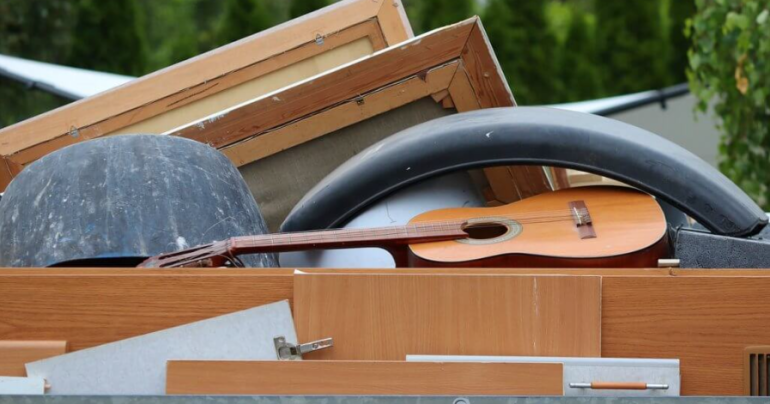According to research by the Faculty of Operational Economics of the Mendel University in Brno (PEF MENDELU), most of the Czech public are unaware of reuse centres, or that they can drop off unused but still functional household items that they no longer use for free. Only 7% of respondents had visited such facilities personally.
The research is part of the “smart and sustainable” project, in cooperation with the Charles University Faculty of Education, which aims to educate elementary school students on the topic of recycling and reuse.
The study was carried out under the leadership of Lucie Vesela, head of the Institute of Marketing and Trade at PEF MENDELU, from November 2023 to February 2024, in the form of a questionnaire survey on a representative sample of 1,100 respondents. Qualitative methods such as focus groups and interviews were also used.
The project was supported by the Czech Technological Agency, and included the Czech Environment Ministry as one of the main partners.
The results showed that more than a third of consumers buy new clothes once a month, mostly in fast fashion chains, considering primarily the price, rather than the origin or method of production, and up to 40% of people buy new clothes just for fun.
Up to 20% of respondents buy new furniture at least once a year. More than half of the respondents had bought second-hand products, primarily motivated by the price and uniqueness of the product, followed by sustainability, while hygiene and the limited selection were factors that discouraged them.
Respondents estimated that they do not wear up to 31% of their own wardrobe, on average. If they want to throw away textile products, they most often place them in a container for textile waste or donate them to friends. They rarely use reuse or swap options.
“When asked what happens to clothes in a textile container, 21% of respondents answered that they did not know. Up to 67% believe that this textile is dedicated to charities and non-profit organisations. Household equipment is most often thrown away by consumers in a container, or they are donated to someone from their neighbourhood,” explained Veselá.
The survey found that the Czech population mostly does not repair broken items, explaining that there are few repair services available, and that repair is not financially worthwhile. Upcycling – the reuse of various items and materials that would otherwise be thrown away – is not widespread among consumers, and the majority of Czechs do not even know this term at all.
Those who have some experience with upcycling most often do so with clothes and furniture, with the biggest motivation for renovation being as an outlet for creativity and a way to save money. On the contrary, lack of skills, time and inspiration discourages consumers from upcycling domestic products.
“From analyses of large-volume waste, it is evident that people mostly throw away clothes, furniture, small household equipment, shoes and materials, the largest component of which is construction material. These top five categories more or less correspond to spring cleaning,” said Veselá.
“If we want Czechs to start using reuse centres and behave more sustainably, we have to teach them creatively,” said Igor Červený, head of the Distance Education Support Department at the Faculty of Pedagogy of Charles University (PedF UK). “We can see this clearly in the results of the successful “Smart Food” educational project, thanks to which pupils in the third to fifth grades improved their knowledge of the correct handling of food by up to 40%. We want to achieve the same thing with the “Smart and sustainable” project.”
The digital form of interactive learning media will be provided by the FutureBooks platform, developed by PedF UK. It was estimated that encouraging students to be active and play increases their success in understanding the topic by almost a quarter compared to the printed form of teaching materials.






